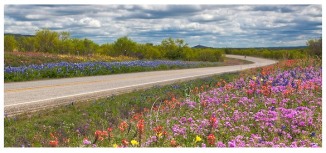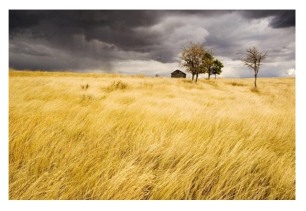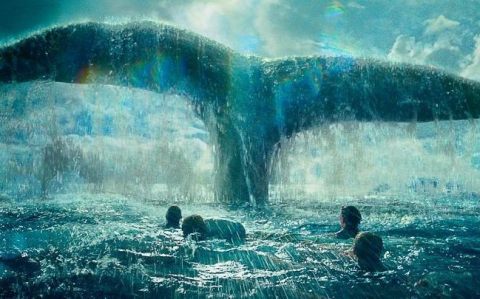We came with visions but not with sight
August 21, 2016
Excerpt from The Gift of the Good Land; Native Grasses and What They Mean
The most moving and memorable place…was a stony roadside we came to…too infertile a place to support a thick stand of grasses…but it had the richest broad-leafed plants. It had survived by the care of a farm family…a short way up the road. They mow this every year to keep the highway department from spraying it. The wife thinks the flowers are beautiful (and said) “I don’t know what they are, but I don’t want anyone fooling with them.”

What is the importance or value of these…ephemeral relics of a long-vanished prairie? What do they signify?
As we felled and burned the forests, so we burned, plowed, and overgrazed the prairies. We came with visions, but not with sight. We did not see or understand where we were or what was there, but destroyed what was there for the sake of what we desired. And the desire was always native to the place we had left behind.
The forest could not survive because we did not see it; we saw cleared fields. The prairies could not survive because in their place we saw corn fields and pastures sowed to the cool-season grasses of the Old World. And this habit of assigning a higher value to what might be than to what is has stayed with us, so that we have continued to sacrifice the health of our land and of our communities to the abstract values of money-making industrialism. Or to “recreation”; it is because we have so insulted and despoiled Creation that we need recreation. In the last generation huge areas have been laid waste by strip mining. And it is no mere coincidence that the spread of surface mining has been paralleled by the spread of extractive agriculture.
To see and respect what is there is the first duty of stewardship. “I don’t know what they are,” the farm wife said, “but I don’t want anyone fooling with them.” That is an ecological principle, and a religious one. If you don’t know what it is don’t fool with it. Don’t use it carelessly. Don’t destroy it. And who knows in any ultimate or final sense what any creature is? The biochemist Erwin Chargraff has written that “Even the most exact of our exact sciences float above…abysses that cannot be explored.”
by Wendell Berry
from The Gift of Good Land
Give Job to Monkey Mind
August 12, 2016
Ahump or Trumphab
August 4, 2016

A Facebook friend, David, made a reference to Moby Dick’s Ahab, suggesting Trump as the lunatic captain of Melville’s prescient imagination. I wrote back:
David —
I like the white whale ref
I hadn’t thought of that
but it’s apt
A-hump or Trump-hab,
Melville spelled it out
for common consumption:
the fool’s gold
that many eat
It’s gotten
that bad
—Jim